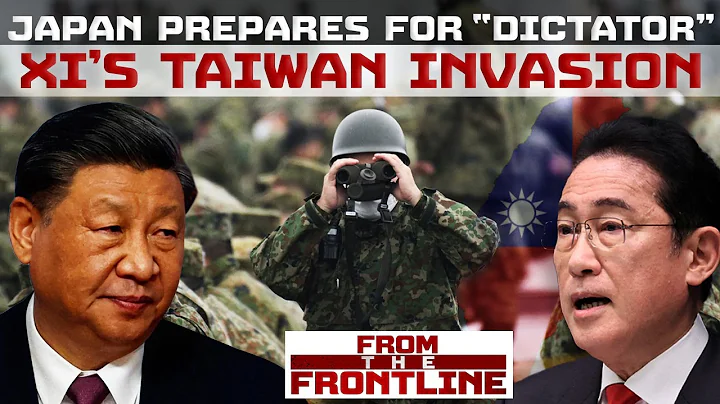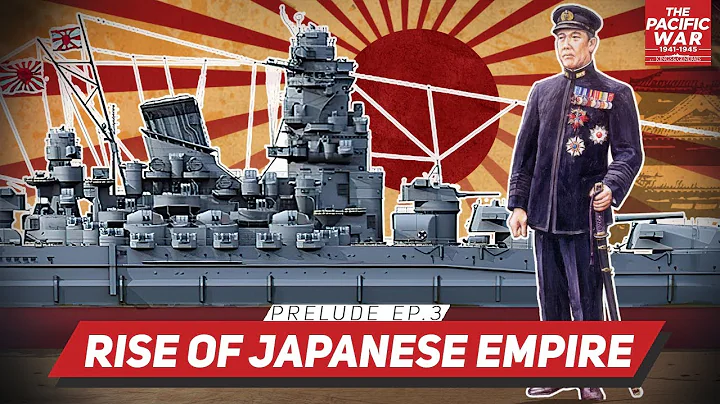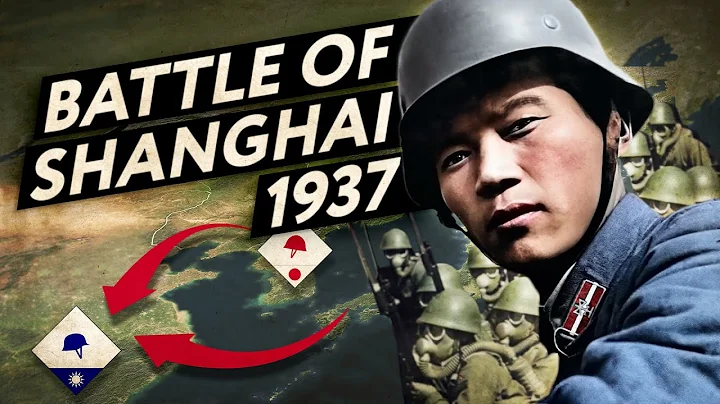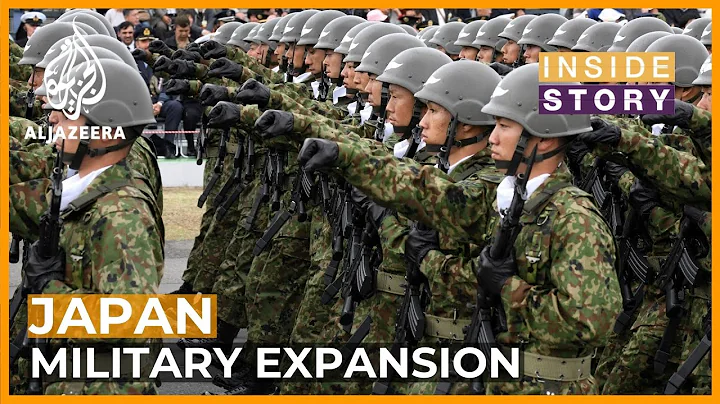Theoretical Study Center Group of the United Front Work Department of the Municipal Party Committee

During the Anti-Japanese War, the War of Liberation and the early days of the founding of New China, Chongqing was an important practice place for the united front work led by the party, the main birthplace of the Chinese democratic parties and the birthplace of "political consultation". The tradition of unity, cooperation and sharing weal and woe between the Communist Party of China and patriotic democrats has been nurtured and formed, a number of democratic party organizations have been established and developed, and an important form of democratic consultation has been created and practiced in our country, in order to consolidate and strengthen the united front and win the victory of the new democratic revolution. He has made significant contributions and plays a very important role in the history of the Chinese revolution, the history of China's united front and multi-party cooperation.
An important practice place for the united front work led by the party
Chongqing is an important practice place for the united front work led by the party. Mao Zedong, Zhou Enlai, Deng Xiaoping and other proletarian revolutionaries of the older generation have personally led and carried out united front work here, leaving a legacy Many immortal anecdotes and unforgettable stories. During the negotiations in Chongqing, Mao Zedong met with people from all parties, groups and all walks of life, trying to win over the middle forces. Almost all the party, government and military leaders of the Kuomintang in power, the main representatives of the central parties, as well as the press, business circles, etc. either visited in person or received them cordially and warmly, and won their support. Even Chiang Kai-shek exclaimed that Mao Zedong came to his home to complete his united front work. Comrade Mao Zedong used his broad united front vision, superb united front wisdom, and skillful united front art to publicize the political ideas of the Communist Party of China, unite people from all walks of life, and discuss state affairs with democrats heart to heart. He forged a profound friendship and left behind three legacy Historical allusions to the united front such as Gu Teyuan's meeting with Zhang Lan and the book presented to Liu Yazi set a shining example of united front work for the whole party. In January 1939, the Southern Bureau of the CPC Central Committee was established in Chongqing. Under the leadership of Comrade Zhou Enlai and others, the Southern Bureau creatively implemented the policies of resistance, unity, and progress. In the practice of the anti-Japanese national united front, Comrade Zhou Enlai endured humiliation, put aside personal grudges, and turned enemies into friends with Zhang Chong, who had slandered his reputation, winning the hearts of the people. During this period, Comrade Zhou Enlai always held high the banner of the Anti-Japanese National United Front, summarized and formed the "Strategies, Methods and Codes on the United Front" in practice, enriched the party's theory, principles and policies of the united front, and led the extremely important united front work in the rear area. It laid an important political foundation for winning the overall victory of the Anti-Japanese War and establishing New China. In the early days of the founding of the People's Republic of China, Comrade Deng Xiaoping took charge of the Southwest Bureau of the CPC Central Committee. Based on the reality that the southwest region has many ethnic groups, is located on the border, and has extremely uneven social and economic development, he used the form of people's representatives conferences from all walks of life to contact the masses, carry out united front work, and personally come forward. He did united front work for the business community, social celebrities, and democrats, united to win over the upper echelons of the nation, and united to remold old personnel, making indelible contributions to the liberation of the people of all ethnic groups in the southwest and the establishment and consolidation of people's power. In particular, he firmly put forward the important principle that "politics is more important than military affairs, and supply is more important than combat", resolutely implemented the policy of regional ethnic autonomy, made great contributions to the peaceful liberation of Tibet, and wrote a glorious page in the history of the development of the United Front of the Communist Party of China. .
The main birthplace of the democratic parties in China
Under the influence of the Communist Party of China, the China Democratic League (referred to as the Democratic League), the Three People's Principles Comrades Association, one of the predecessors of the Chinese Kuomintang Revolutionary Committee (referred to as the Kuomintang Revolutionary Committee), and the China Democratic National Construction Association (referred to as the Democratic National Construction Association) Democratic National Construction Association) and Jiu San Society were successively established in Chongqing. On November 23, 1939, Shen Junru, Liang Shuming and others initiated the establishment of the Comrades Association for the Reunification and Founding of the People's Republic of China in Chongqing. Later, they secretly established the China Democratic Political League in the Special Garden of Shangqing Temple. In September 1944, it was reorganized into the China Democratic League, mainly composed of people engaged in culture and education. and middle- and senior-level intellectuals working in science and technology. In October of the same year, the Democratic League issued "Political Proposals for the Final Stage of the War of Resistance" in response to the Communist Party of China's call for the establishment of a democratic coalition government. In September 1949, representatives of the Democratic League attended the first plenary session of the Chinese People's Political Consultative Conference and participated in the preparations for the founding of the People's Republic of China.After the outbreak of the Anti-Japanese War, business people gathered every Friday at the Southwest Industrial Building on Baixiang Street in Chongqing to exchange views on the domestic situation and general economic policies. In October 1945, Comrade Zhou Enlai was invited to attend and delivered a speech closely related to the fate of China's national bourgeoisie, which greatly enhanced the confidence of the industrial and commercial circles in the Communist Party of China. On December 16 of the same year, the China Democratic National Construction Association, mainly composed of business people, was established. After the establishment of the Democratic National Construction Association, it actively participated in the patriotic democratic movement for peace and democracy and opposed civil war and dictatorship. It promoted the party's economic policies to the masses, especially the business community, in various ways, and made important contributions to the liberation and establishment of New China. In the spring of 1939, with the help of Comrade Zhou Enlai, Xie Lihui, Liang Xi, Jin Shanbao and others established the Natural Science Symposium. In 1944, some intellectuals from the scientific, technological, cultural and educational circles in Chongqing often gathered for symposiums out of anxiety and demands for the current situation, and named the symposium the Democratic Science Symposium. Later, under the instruction of Comrade Zhou Enlai and others, some members of the Natural Science Symposium successively participated in the Democratic Science Symposium, forming the main body of the meeting. On September 3, 1945, the Democratic Science Symposium gathered to celebrate the great victory of the Anti-Japanese War, and was called the September 3rd. Three symposiums. Later, with the encouragement and inspiration of Comrade Mao Zedong, the Jiusan Society was officially established in Chongqing. In February 1943, with the support of the Southern Bureau, the Kuomintang democrats organized the Democratic Comrades Forum, which was later named the Three People's Principles Comrades Association (referred to as the Democratic League). On October 28, 1945, the Democratic League was formally established in Chongqing. At the same time, another group of Kuomintang patriotic democrats represented by Li Jishen, He Xiangning, etc., with the help of the Southern Bureau, established the Chinese Kuomintang Democracy Promotion Association (referred to as the Democratic Promotion Association) in Guangzhou on April 14, 1946. On January 1, 1948, the Kuomintang Revolutionary Committee was established in Hong Kong, with Soong Ching Ling as its honorary chairman. In November 1949, the Kuomintang Revolutionary Committee, the Chinese Democratic League, and the Democratic People's Promotion Association unified into the Chinese Kuomintang Revolutionary Committee, becoming a political party composed of the former Chinese Kuomintang democrats and other patriotic democrats.
The birthplace of "political consultation"
After the victory of the Anti-Japanese War, focusing on the historical mission of peaceful and democratic nation-building, the Communist Party of China called for "immediately convening a meeting of representatives of all parties and non-partisans to discuss important issues after the end of the Anti-Japanese War" and carried out cooperation with the Kuomintang After the difficult negotiations in Chongqing, they reached the "Double Ten Agreement" and urged the convening of the "old CPPCC meeting", which opened a historical precedent for all parties to resolve major political issues through political consultation. From January 10 to 31, 1946, with the enthusiastic expectations of the people across the country, the Political Consultative Conference (the "Old Political Consultative Conference") attended by the Chinese Kuomintang, the Communist Party of China, various democratic parties, and social sages was held in Chongqing. The meeting heard reports from the Kuomintang and the Communist Party on the issue of cessation of military conflicts and talks between the Kuomintang and the Communist Party, and mainly discussed five issues including government reorganization, policy agenda, military reorganization, National Assembly, and draft constitution. After fierce struggle, the Political Consultative Conference concluded in Chongqing on February 1, 1946. With the full coordination and tacit cooperation of the Communist Party of China and the Democratic League, the meeting finally led to the adoption of the Agreement on Military Issues, the Agreement on the National Assembly Issues, the Agreement on the Draft Constitution, the Program for Peaceful Nation-building, and the Agreement on Government Organizations. The five resolutions of the Agreement on Issues essentially negated the Kuomintang’s civil war policy and autocratic dictatorship. Although the nature of the old CPPCC meetings was completely different from today's CPPCC, it provided an important stage for the contest between democracy and dictatorship, progress and reaction, created an organizational form for all parties to discuss state affairs, and opened the way for political consultation to resolve issues. form of democracy on major issues. The Communist Party of China and the Democratic League have left behind in the history of the united front the story of the "gentleman's agreement" in which they "actively gave up their places" and exchanged views on major issues in advance.
Chongqing has a long history of united front, a glorious tradition of united front, a profound heritage of united front, and rich practice of united front. They are our precious wealth and a unique advantage for us to carry out united front work.Entering the new era, we must always adhere to the guidance of Xi Jinping Thought on Socialism with Chinese Characteristics for a New Era, thoroughly study and implement General Secretary Xi Jinping’s important expositions on strengthening and improving united front work, inherit and carry forward the glorious tradition of the united front, and use and Give full play to the important magic weapon role of the united front, effectively implement the Party Central Committee's decisions and arrangements into practical actions and reflect them in work results, and strive to provide extensive support for the development of the "14th Five-Year Plan" and the start of a new journey of socialist modernization.





















![Unbelievable Cosmic Phenomena Beyond Our Galaxy | Secrets Of The Universe [All Episodes] | Spark - DayDayNews](https://i.ytimg.com/vi/sHEwTKEDVM0/hq720.jpg?sqp=-oaymwEcCNAFEJQDSFXyq4qpAw4IARUAAIhCGAFwAcABBg==&rs=AOn4CLAOHCCVwEK0S3PEAiMgW9rL4mC6YQ)